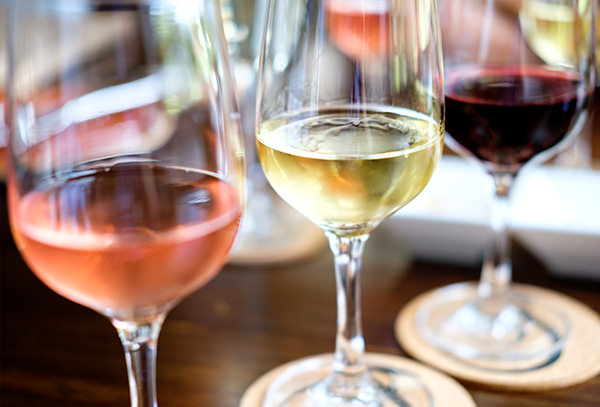The highly anticipated Liquor Control Amendment Bill 2018 was presented to Parliament on 20 February 2018, and passed the lower house on 10 April 2018. In keeping with his election commitment, Premier Mark McGowan introduced a range of improvements in the way liquor outlets around the state are controlled. There are a number of key changes proposed which impact on liquor stores, in particular the larger liquor barns. As a result,
06
Sep 2017
Restaurants selling liquor without a meal
Pursuant to the Liquor Control Act 1988 (WA) the primary and predominant purpose of a restaurant must be the regular supply of meals to customers seated at a dining table (or similar fixed structure). However, restaurants can obtain an extended trading permit to serve liquor without a meal. If the capacity of the premises is less than 120 persons, then the process for obtaining an extended trading permit is relatively
WHO OWNS A LIQUOR LICENCE? WHAT ARE THE LESSOR’S RIGHTS? It is a common misconception that the licensee owns the liquor licence and that they can take it with them to whatever premises they trade from. Whilst liquor licences are issued to specified persons or entities (the licensee), they are only authorised to sell liquor at an approved licensed premises. Both the licensee and the licensed premises must be approved


